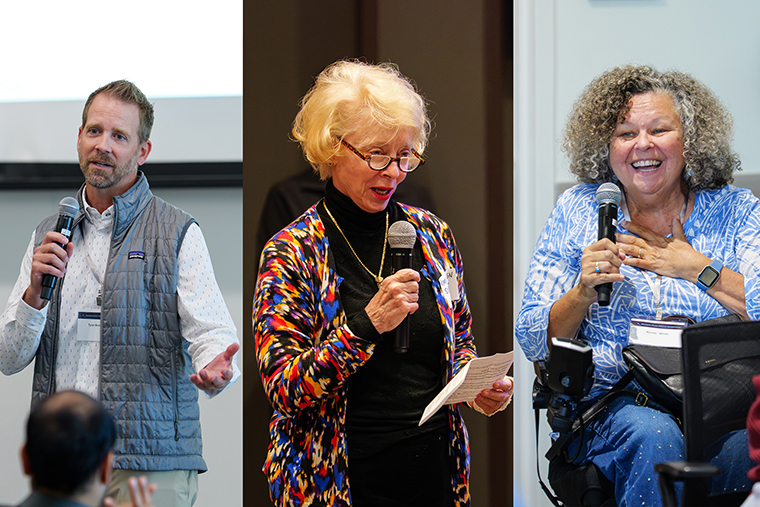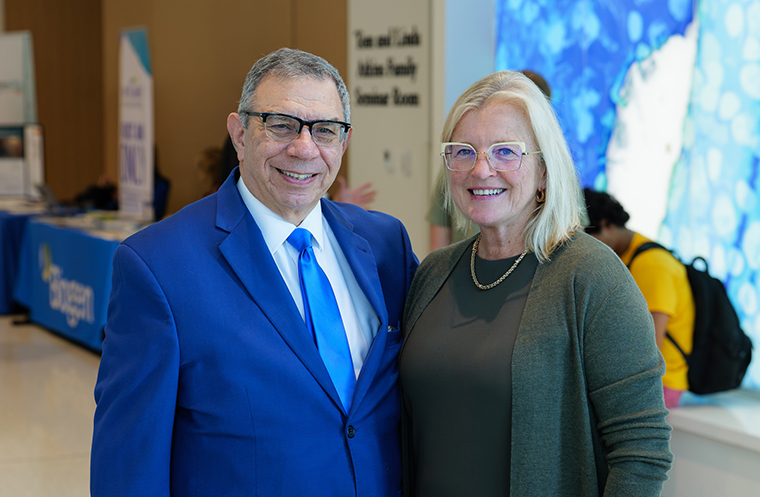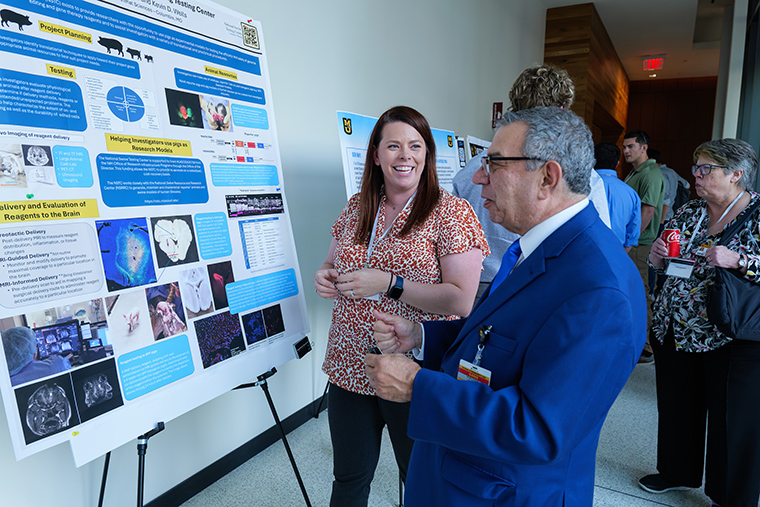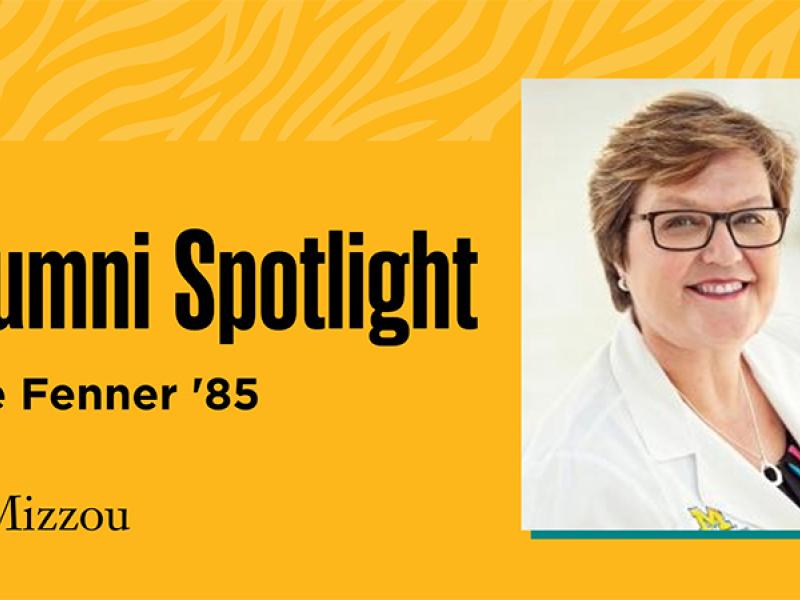Dear Colleagues,
In October, I attended NextGen Precision Health’s first Motor Neuron Symposium, a day dedicated to sharing insights and discoveries that will advance our understanding of motor neuron diseases, specifically amyotrophic lateral sclerosis, or ALS. The event was held in the Roy Blunt NextGen Precision Health building, and was led by Dr. Dave Arnold, executive director of the NextGen Precision Health initiative.
ALS is a devastating diagnosis. It is a progressive, neurodegenerative disease that weakens muscle to the point where even something as simple as breathing becomes difficult. The average life expectancy ranges from two to five years, though some patients have lived 10 years or longer.
This ALS symposium drew faculty, students, clinicians, patients and their family members from all over the world, including researchers from Japan, Germany and Canada.

Attendees spent the day attending talks and lectures all focused on the latest advances in research and innovation in motor neuron diseases. I was pleased to hear one of our own School of Medicine PhD candidates, Dennis Pérez López, give a flash talk on his research on therapeutic approaches for Charcot-Marie-Tooth disease, a genetic disorder that affects motor nerves.
It was an honor to introduce one of the event’s keynote speakers, Angela Genge, MD. Dr. Genge is a neurologist and a longtime colleague. She is the director of an ALS clinic in Canada, part of The Neuro with Montreal Neurological Institute-Hospital. Genge spoke passionately about the best practices for designing effective, inclusive and diverse clinical trials and the need for greater collaboration creating these methodologies.

The day concluded with a reception and a poster gallery, featuring a range of groundbreaking research into neurodegenerative diseases and neuromuscular disorders. Some researchers focused on novel therapeutic strategies and model systems, while others explored translational research, advances in imaging and data analysis, progression of these diseases and so much more.

I am grateful for opportunities like the Motor Neuron Symposium, which allow us to host international experts and reflect on the most recent discoveries and innovations for rare diseases like ALS. There is, certainly, a long way to go before any cure is developed, but collaboration and sharing insights surely puts us closer.
Sincerely,

Rick Barohn, MD
Executive Vice Chancellor for Health Affairs and Hugh E. and Sarah D. Stephenson Dean, School of Medicine
rbarohn@health.missouri.edu





